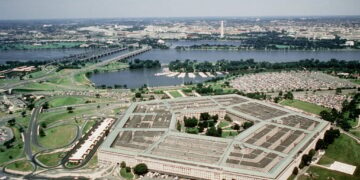Following the October 7 atrocities, the imperative to respond in fury was irresistible, and Israel’s Prime Minister reached immediately for the blunt instrument of his formidable war machine, vowing to break Hamas’s back. But, as Clausewitz noted, war is not ultimately about killing people and destroying things: it is a means to achieve political objectives. After the war ends, what next?
Don’t look to Netanyahu for the answer. He has been clear about the war’s objective: to destroy Hamas, particularly its military wing, the Izzedine ad-Din al-Qassem Brigades. Some of his far-Right politicians have gone further, calling for the levelling of Gaza, perhaps even with nuclear weapons, or expelling its entire population. But these amount to more of the same: rage-fuelled impulses. Neither Netanyahu nor anyone else in Israel’s government (some key members of the political opposition joined the cabinet after October 7) has yet articulated a coherent post-war strategy for Gaza, let alone for the larger dispute between Israelis and Palestinians. This failure bodes ill for both communities.
Even if the IDF eviscerates Hamas, Israel’s leaders will — regardless of whether Netanyahu survives politically — have to figure out how to organise Gaza in order to create and sustain stability there. Departing in haste from a place, large swathes of which have been reduced to rubble, will elicit universal condemnation. Worse, that step will not produce conditions within Gaza that increase Israel’s security, the justification for the war from the outset. The United States could walk away from its failed wars of regime change in Afghanistan, Iraq and Libya; those countries are distant from the American homeland. Israel cannot do the same with its neighbour.
More on Middle East

Featuring Jennifer Kavanagh
April 17, 2025






